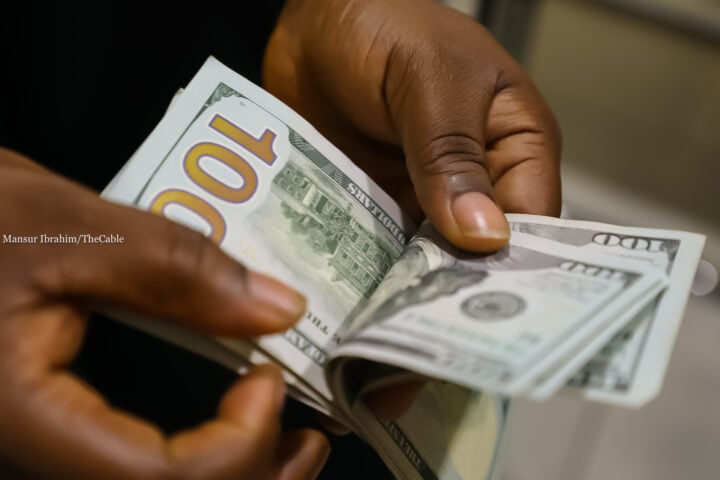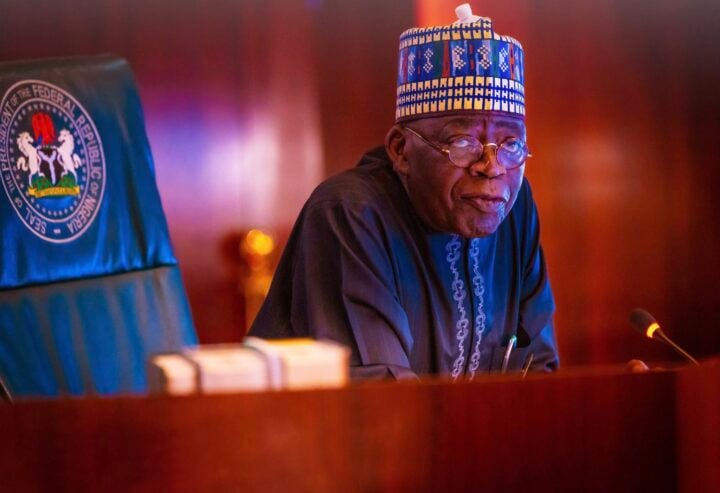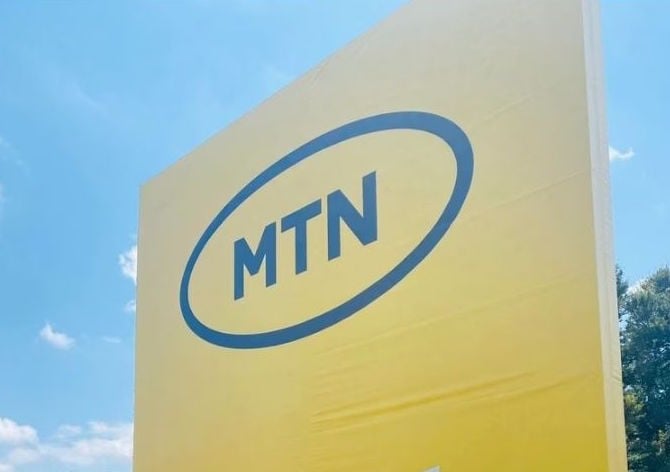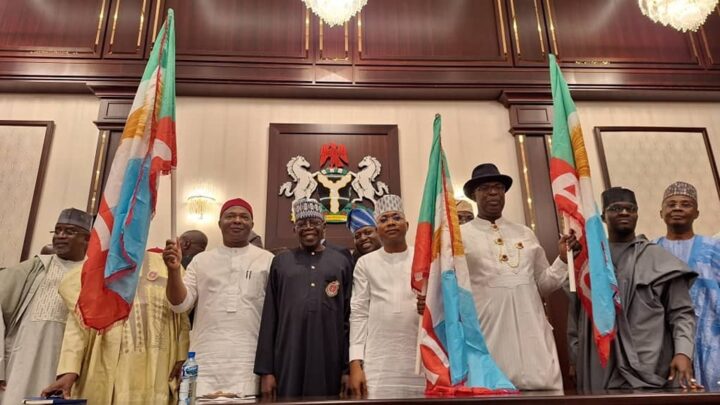The Central Bank of Nigeria (CBN) has started clearing the foreign exchange (FX) forwards backlog in banks.
Payment commenced on Wednesday, a source in the apex bank told TheCable while confirming the development.
Forward payment in the FX market relates to the buying or selling of currencies at a predetermined price on a future date.
This means a buyer can enter into an agreement with a seller to buy forex at a specified price different from the spot price at a future date.
Advertisement
This type of arrangement is used to hedge against the volatility of the FX market as the change in the current price does not affect the agreed rate.
On September 22, Wale Edun, the finance minister and coordinating minister of the economy, said the overdue forward payments were behind the depreciation of the naira.
Edun said settling the forex backlog would increase FX supply in the foreign exchange market and strengthen the local currency against the dollar.
Advertisement
The naira, on Tuesday, depreciated to N1,185 per dollar at the FX parallel market and strengthened to N786 at the official window.
Olayemi Cardoso, CBN governor, on September 26, said the apex bank is working on settling the $7 billion FX backlog. The finance minister later said Nigeria is expecting to receive $10 billion to ease liquidity in the FX market.
‘CITI BANK, KEYSTONE BANK HAVE RECEIVED PAYMENTS’
Commenting on the development, Charles Abuede, the chief economist and researcher at Cowry Asset Management Limited, said the settlement by the CBN is a positive move for the Nigerian economy, the FX market, the value of the naira, and the country’s gross external reserves.
Advertisement
He told TheCable that more than 10 banks — including Stanbic IBTC, Citi Bank, Standard Chartered — have received payments.
“Based on available information, over 10 banks such as Citi (got 100%), StanChart (80%), Stanbic (75%), UBA, Heritage, Keystone, Signature, Parallex, Greenwich Merchant, etc, have been settled by the CBN and more are counting,” the economist said.
“In recent days, there has been a gradual increase in the gross external reserves, which is a positive sign for dollar inflow and provides some relief for the naira.
“Additionally, we anticipate that this move will lead to a more favorable interaction of the local currency in the foreign exchange market, aligning with the exchange rate movements between the naira and the U.S. dollar, where the Naira has been appreciating in various FX segments.
Advertisement
“Furthermore, this step is expected to improve Nigeria’s credit ratings from international rating agencies.
“In September, the Russel FTSE announced its intentions to downgrade Nigeria’s index to ‘unclassified’ due to the rising FX backlogs and the challenges faced by Foreign Portfolio Investors (FPIs) in repatriating their incomes and dividends to their home countries, primarily caused by CBN’s liquidity issues.”
Advertisement
Abuede said the FX backlogs had led to rating companies downgrading Nigeria’s status in the business community — one of such being MSCI revealing plans to reclassify Nigeria’s indexes from frontier to ‘Standalone’ status by February of 2024 due to the unsettled forex.
Advertisement
Add a comment






